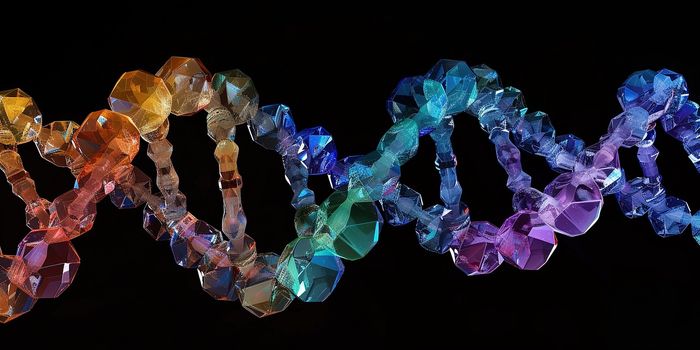Two Molecules Identified For Treating Traumatic Brain Injury (TBI)

Scientists at Rutgers University have discovered two molecules that protect nerve cells, serving as motivation to develop new drugs for brain damage. The discovery comes after 10 years of dedicated research on traumatic brain injury (TBI). The molecules were seen to promote full recovery after TBI in mouse models according to results published in the Neurobiology of Disease.
TBI, considered a major cause of disability, occurs when a sudden, violent blow or jolt, to the head leading to brain damage. According to the Centers for Disease Control and Prevention (CDC) TBI is defined as "a disruption in the normal function of the brain that can be caused by a bump, blow, or jolt to the head, or penetrating head injury." When the brain collides with the insides of the skull, a bruising of the brain or tearing/bleeding of the nerves fibers may occur. Additionally, when the skull fractures, a piece of the skull resulting from the injury can penetrate the brain tissue. TBI can be caused by a variety of events, commonly falls, sports injuries, gunshot wounds, physical aggression, and road traffic accidents. Symptoms of TBI widely depend on the severity of the accident, the extent of the damage, and which parts of the brain are affected. In some mild cases, confusion and headaches occur. However, serious cases can result in unconsciousness, amnesia, disability, coma, and death or long-term impairment. For treatment options, all approaches are geared towards trying to prevent neurons (nerve cells) from degeneration or prompting neuron survival. This is because TBI alters neural circuits within damaged brain regions.
"The big issue with treatment after TBI is that there are no drugs that work well on patients to restore memory, and we're targeting re-connectivity of neural circuitry," explains Bonnie L. Firestein, the senior author of the research study and a professor in the Department of Cell Biology and Neuroscience at Rutgers University-New Brunswick. "That means we want our neurons to function properly and connect with other neurons. We want to allow people to retain their cognition and ability to remember and learn, so our angle is novel."
Specifically, investigators discovered a protein by the name of cypin, an enzyme that degenerates guanine; an important building block for DNA and RNA molecules in cells. The researcher’s previously proved that cypin was involved in promoting the proper shape in neurons and "keeping them happy," says Firestein. The research discovered that speeding the breakdown of guanine protects the neurons from damage as well as retaining brain function.
Using research in this study, scientists from Rutgers-New Brunswick, University of Pennsylvania, Fox Chase Chemical Diversity Center Inc. and Columbia University want to continue advancing on to the discoveries made into this study to develop drugs for patients of TBI.
Source: Neurobiology of Disease








